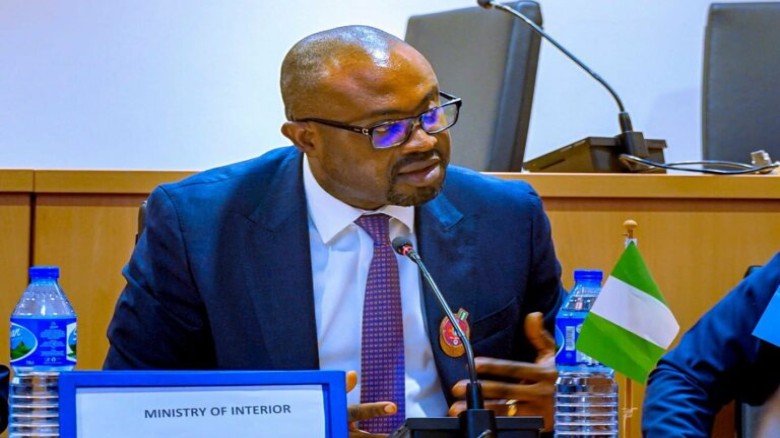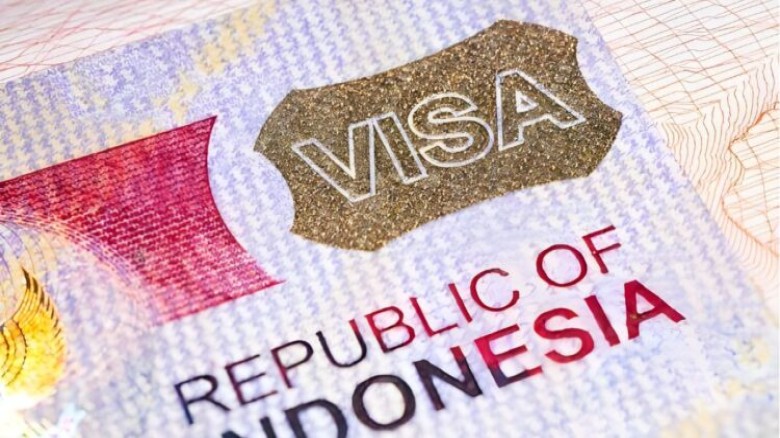Kenyan president ready for talks with anti-tax hike protesters
Kenya's President William Ruto said Sunday that he was ready for "a conversation" with thousands of "peaceful" teenage protestors who rallied around the country this week to oppose proposed tax increases.The rallies, which were organised on social media and spearheaded primarily by Gen-Z Kenyans who live-streamed the demonstrations, caught Ruto's government off guard as unhappiness with his economic policies grew.
"I am extremely proud of our young people..." "They have stepped forward peacefully, and I want to assure them that we will engage them," Ruto stated in his first public comments on the protests.
"We are going to have a conversation so that together we can build a greater nation," Ruto said at a church service in the Rift Valley town of Nyahururu.
His description of the protests as "peaceful" came after rights activists reported two deaths during Thursday's demonstrations in Nairobi.
The demonstrators, who have called for a nationwide strike on June 25, did not immediately respond to his statements.
The protests were generally peaceful, but authorities used tear gas and water cannons throughout the day to remove demonstrators near Parliament.
A Kenya Human Rights Commission official told AFP on Saturday that Evans Kiratu, 21, was "hit by a tear gas canister" during the protests and died in hospital.
On Friday, a police watchdog said it was looking into accusations that a 29-year-old man was shot by policemen in Nairobi following the demonstration.
The Independent Policing Oversight Authority (IPOA) reported a death reportedly caused by a police shooting on Thursday.
Several organisations, including Amnesty International Kenya, said that at least 200 people were hurt during the protests in Nairobi, while hundreds of people went to the streets around the country.
- The government is cash-strapped
Following small-scale protests in Nairobi on Tuesday, the cash-strapped administration agreed to reverse many tax increases outlined in a new bill.
But Ruto's administration aims to raise some taxes, seeing the levies as necessary for filling the coffers and reducing reliance on foreign borrowing.
Kenya has a massive debt mountain, and servicing expenses have skyrocketed due to the local currency's depreciation over the last two years, leaving Ruto with few options.
The tax increases will put more strain on Kenyans, who are already struggling as the cost of living rises and well-paying employment remain out of reach for young people.
Ruto said on Sunday that the yearly budget includes steps to combat youth unemployment and increase access to higher education.
"What I want to assure (the protesters)… is that we are concerned about their issues," added the leader.
"We are going to make sure that every child has access to higher education."
After the government decided to eliminate charges on bread purchases, automobile ownership, and financial and mobile services, the Treasury warned of a 200-billion-shilling ($1.5-billion) shortfall.
The administration has now planned to boost fuel prices and export taxes to fill the hole created by the measures, which opponents say will make life more expensive in a country already plagued by high inflation.
Kenya has one of the most active economies in East Africa, but one-third of its 51.5 million people live in poverty.
























Leave A Comment